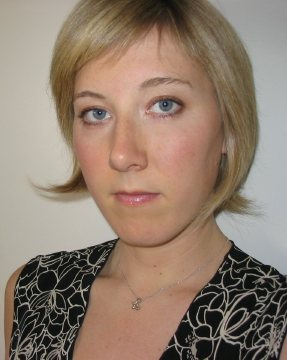I find this amazing and actually it strangely crossovers with some things I have been mulling over lately. Here are some facts:
In the last 40 years, the Australian fertility rate has declined from 3.55 babies per women in the ‘baby boom’ of 1961 to a historic low of 1.73 in 2001. The fertility rate first started to decline in 1976 and ever since that time, the population has been below replacement level (2.1 babies per woman). Since 2001, however,
As there is still no national scheme for paid maternity leave and given that provisions for childcare in Melbourne are woefully inadequate, being pregnant and ‘at work’ is still seen as perhaps visually and culturally inconsistent. This may point to a ‘backlash’ against feminism(s) both by the Australian government and women themselves. In spite of hard-won changes to Australian women’s legal and political status over the last 30 years, anxieties about pregnancy and motherhood clearly continue to brew. If the second wave of feminism encouraged middle-class Australian women to expand their understandings of themselves beyond marriage and motherhood, the falling birthrate in
Many of the women in my study were quite anxious about clinging to their positions in the paid workforce or having to make a somewhat defeated ‘choice’ to stay at home for a certain period of time to be ‘full-time’ mothers. They seemed genuinely frustrated and, at times, angry that the versions of feminist discourse presented to them in women’s magazines and by celebrities, for instance, seemed to suggest that being a mother and having a career is a seamless negotiation: that women can ‘have it all’. Ways of combining motherhood with other feminist aspirations are rarely discussed in the current Australian political climate. Rather, it is the women who are blamed for wanting to both have a working life and look after their children. This 'backlash' against maternity leave also particularly highlights the fractured and partial adherence to everyday feminisms by many Australian women themselves.























